Coping with bad reviews can be one of the most frustrating parts of being a writer. If there’s one thing that’s true across all facets of life, it’s that you can’t please everybody. This is especially true in the creative arts, so let’s roll up our sleeves and tackle those negative book reviews — before they tackle us.
Understanding Bad Reviews
- Don’t Take It Personally: Negative reviews are about your book, not you as a person. Every reader brings their own preferences and expectations to the table. A book that one reader dislikes might be a favorite for another. Furthermore, in the rare event that a reviewer does resort to ad hominem attacks, it will reflect far more poorly upon the reviewer than it will the author.
- Varying Opinions Are Normal: What’s a letdown for one reader may be a highlight for another. Recognize that diversity in opinions is what makes literature rich and dynamic. In other words, don’t let a single negative opinion convince you that your work is categorically poor. Instead, simply accept that it may not be for everyone.
- Genuine Critique vs. Trolling: It’s essential to differentiate between constructive criticism and trolling. Constructive criticism offers specific feedback about plot, characters, or writing style. Trolls, on the other hand, often offer vague, spiteful comments. Luckily, serious readers will be able to spot these troll reviews a mile away, and they will generally not be taken seriously.
Coping with Bad Reviews
- Embrace Resilience: Resilience is a powerful trait for authors. Remember that even the most celebrated books have received their fair share of bad reviews. You’re in excellent company: even The Great Gatsby, Moby-Dick, and Brave New World were critically panned upon release. In fact, Moby-Dick didn’t even find its audience until the 1920s — over fifty years after its first publication, and thirty years after the death of its author. (Most writers, however, would prefer not to wait that long.)
- Seek Positives in Negatives: Extract any constructive feedback from a negative review. It might offer insights into areas where you can improve as a writer. As long as the review is serious and thoughtful, it can be a spoonful of necessary medicine.
- Resist the Urge to Respond: It can be tempting to defend your work or engage with the reviewer, but this rarely ends well. Allow readers to express their opinions freely. Responding directly to a reviewer will almost always come across as unprofessional at best, and hugely embarrassing at worst.
- Focus on the Positive: Shift your focus from the occasional bad review to the multitude of positive ones. Reread your best reviews to inspire you when you’re feeling disheartened. Take solace in your readership.
Put Negative Feedback to Work
- Consider It an Opportunity: Treat bad reviews as an opportunity for growth. Critique is how we evolve as writers. Use feedback to enhance your future work — and keep further bad reviews to a bearable minimum.
- Adapt and Improve: If a consistent critique arises in several reviews, it may be time to assess that aspect of your writing and consider making improvements. For example, if you receive multiple complaints about, say, your characters or dialogue, consider going back to the drawing board and honing those skills.
- Relatable Characters: Often, readers’ criticisms are related to the characters. Ensure your characters are multi-dimensional and relatable. Additionally, consider that some readers are simply reacting strongly to a character you intended to be off-putting or unsavory.
Engage with Your Audience
- Reader Engagement: Coping with bad reviews in a mindful and constructive way is important. Respond positively to genuine concerns raised by readers in reviews. Showing your commitment to your audience’s satisfaction can be a powerful tool.
- Learn and Grow: Writers are continually evolving. What you wrote in the past may not reflect your current capabilities. Some of your previous bad reviews may have been perfectly valid, but you are not the writer now you were then.
Remember Why You Write
- Stay Passionate: Reconnect with your love for storytelling. Sometimes, revisiting your initial motivations for writing can rekindle your enthusiasm. After all, your desire to write is too strong to be defeated by one or two negative assessments of your work.
- Author Legacy: Consider your long-term author legacy. Focus on creating a body of work you’re proud of, rather than individual reviews. You’re writing for yourself first, and everyone else second. And after all, you can’t please everyone.
Who’s Afraid of the Big Bad Review?
Coping with bad reviews is an inevitable part of every writer’s experience. Instead of seeing them as stumbling blocks, view them as stepping stones towards personal growth. The most celebrated authors have faced harsh critiques, but they continued to write, improve, and persevere. Your literary odyssey is a marathon, not a sprint.
Remember, you’re part of a vibrant community of authors who understand the challenges and rewards of the writing world. We’re here to support you at Presto Page, offering an array of tools and services to assist you on your path to success.
Keep writing, stay resilient, and continue to share your unique stories with the world.
Contact us today to see what we can do for you!

